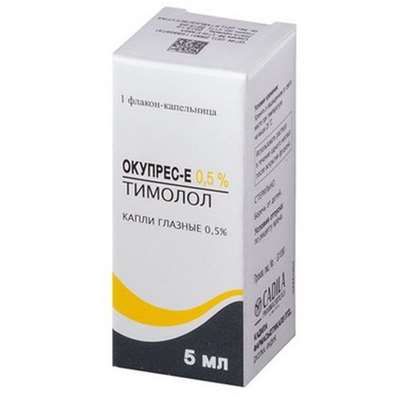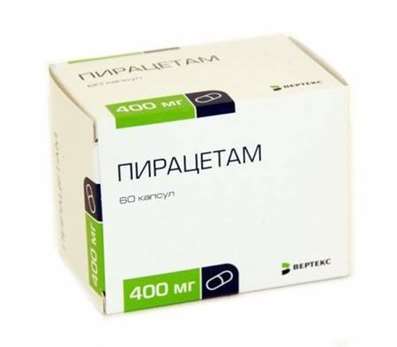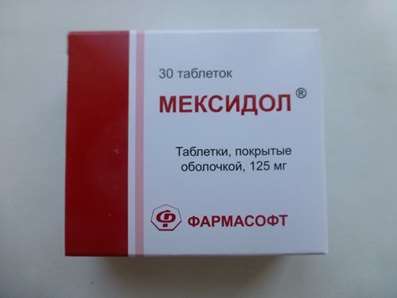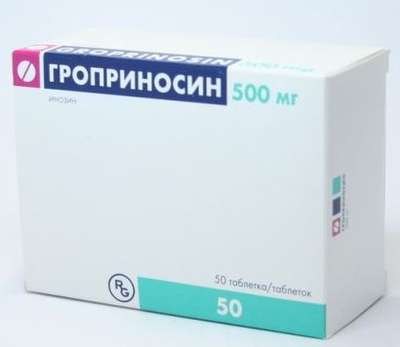Eltacin at vascular dystonia
24 Jan 2017
What is a vascular dystonia?
As you know, there are no simple problems. This is especially true in the case of vascular dystonia (in the medical community it is more often called autonomic dysfunction syndrome). The difficulty here is already begin to answer the question, what is the VASCULAR DYSTONIA, because you can not even say unequivocally that the vascular dystonia - the disease. Therefore, experts for designations
This phenomenon often use the term "syndrome", that is a set of symptoms. This is understandable, because of the VASCULAR DYSTONIA, we often learn in different seems to be unrelated to each other symptoms.
Vascular dystonia - is not a problem of one body that the doctor may be relatively easy to identify, making a series of tests. Dystonia - a complex imbalance of the body's systems. It is caused by the accumulation in the cells of free radicals, which have a negative impact on their work. Further more. This process can lead to disturbances in the autonomic nervous system, responsible for the proper functioning of internal organs. Therefore, a failure in it may lead to malfunction of internal organs or even whole body systems. As a result - people can experience various unpleasant symptoms related to autonomic dysfunction.
Pressure jumps, chest pain, headache, shortness of breath, sleep disorders, dizziness, palpitations, dry mouth, sweating, flushing, epigastric discomfort, burning sensation in the chest, belching air or cough, severe fatigue at low load, increased frequency of urination , feeling that bloated, become heavy. You can also like Semax.
Here are just some of the symptoms that relate to the VASCULAR DYSTONIA. Unfortunately, these symptoms are often "blamed" on the third-party factors, such as the problems of adolescence, "sedentary" lifestyle or poor diet, and try to cope with the symptom, instead of working on his cause.
The reasons that contribute to the vascular dystonia
As with any problem, dystonia does not appear out of nowhere. There a wide range of factors that can increase the probability of the VASCULAR DYSTONIA.
The first of these is, of course, excessive emotional tension, acute and prolonged stress, which are characteristic of almost all modern people. On the physiological level in such situations to actively mobilize energy resources, with significant loads are subject to the cardiovascular and respiratory systems, dramatically enhanced catabolic processes (destruction of substances in the body), and there may be disorders of the autonomic nervous system.
A significant influence on the occurrence of autonomic dysfunction, especially in children, has a family history. In particular, the experts note that particularly high probability of occurrence of such problems in children whose mothers suffered from alcoholism before they were born.
Nor can we lose sight of the possible negative impact of bad habits prevalent today. So, smoking, alcohol and frequent consumption of caffeine contribute to the development of the VASCULAR DYSTONIA.
It has a significant impact on the development of the problem and this situation is familiar to many as fatigue.
Other factors contributing to the development of the VASCULAR DYSTONIA can be environmental factors. These include, inter alia, include the negative environmental conditions, increased radiation background.
Vascular dystonia in children and adolescents
Modern teenagers are very different from their parents when they were at their age. New technologies, an excess of information, the need to constantly learn and a heavy burden of responsibility for their own future - all this makes the life of today's children really difficult. But the problems of today's children do not end there. A serious threat to the quality of their lives is the IRR.
VSD, or dystonia - a violation of the autonomic nervous system, which is responsible for the correct functioning of internal organs.
Of course, in this state, the child is difficult to enjoy life, to do well in school and build relationships with their peers. After all, almost any action can be a burden to him, and cause negative emotions. Therefore, the task of every mother to understand the problem and to choose the IRR means for your child gently and effectively correcting his condition.
Eltacin - a drug for the treatment of vascular dystonia
The drug contains Eltacin balanced dosage of three important and natural for the body substances - glycine, cysteine and glutamic acid. Acting together, they selectively promote the development of the body's important and valuable substance - glutathione. That's the reason it affects the ESP (or autonomic dysfunction syndrome), contributing to a decrease in the activity of free radicals and increasing the level of the body's systems.
The pharmacological action of the drug associated with the synthesis of glutathione - a major endogenous antioxidant, which is formed of the three amino acids L-cysteine, L-glutamic acid and glycine, which is Eltacin source.
Glutathione helps to preserve the function of enzymes, it helps to prevent cell death and improves oxygen transport to the organs and tissues, neutralize free radicals (one of the main causes of vascular dystonia). As a result Eltacin able not only to take individual IRR symptoms, but also to act on the very core of the problem - an imbalance of the body systems.
In addition, each of the components in the composition Eltacin has also expressed its own action.
Cystine plays an important role in the body. It is involved in the maintenance of biological activity of many proteins, and hormones, particularly vasopressin and oxytocin. Vasopressin is inter alia involved in the regulation of aggressive behavior brain. And today is often called oxytocin hormone affection, warm relations and even love.
Glutamic acid is a neurotransmitter and contributes to excitation of neurons, brain cells. Thus, the glutamic acid in the brain helps Eltacin composition to be active.
Glycine consisting Eltacin drug acts as a metabolic regulator. Glycine helps normalize the functioning of the nervous system, reduce emotional stress, aggression, conflict, improve mental performance, improve mood, facilitate falling asleep and normalize sleep.

 Cart
Cart





